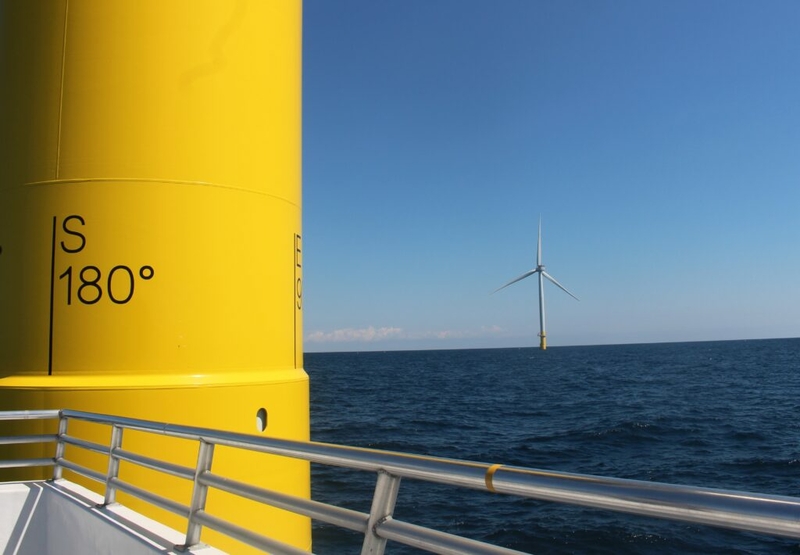Va. regulators to rule on whether offshore wind performance requirement should stay

Dominion Energy is not backing down from its request to remove a performance standard imposed by the State Corporation Commission on its Coastal Virginia Offshore Wind Project, citing “untenable” costs.
The state’s largest publicly regulated electric utility on Thursday filed a 35-page response to filings from the Office of the Attorney General, several environmental groups and Walmart that argued to keep the performance guarantee to protect ratepayers.
The performance standard, which was a condition of the SCC’s August approval of the $9.8 billion project, requires Dominion rather than ratepayers to pay the costs of replacement energy if the wind farm doesn’t produce a certain amount of energy over time.
Regulators tied the performance guarantee to a 42% capacity factor, a measurement of the amount of energy a facility actually produces compared to how much it’s capable of producing. The factor would be measured on a rolling three-year basis.
Residential customers can expect an average monthly bill increase of $4.72 over the course of the 35-year project, with a peak at $14.22 in 2027.
Dominion must be carbon neutral by 2045 under the Virginia Clean Economy Act. That legislation also declared Dominion’s development of between 2,500 and 3,000 megawatts of offshore wind to be in the public interest. CVOW is expected to produce 2,600 megawatts.
But the performance standard has “unintended consequences,” Dominion CEO Bob Blue told investors in an August investment call, ahead of a request that month from the company for the SCC to reconsider the performance standard.
In that request, Dominion says that if the standard remains in place, “it will prevent the project from moving forward, and the company will be forced to terminate all development and construction activities.” In the latest filing, Dominion states that $839 million in investments in the project “are at risk of becoming stranded.”
Dominion says the SCC doesn’t have the authority to require the performance standard, because the law says the utility is allowed to recover costs if they are “reasonable” and “prudently” incurred. It also argues the standard holds the company accountable for factors out of its control, including “acts of war or terror, catastrophic weather events or changes in weather patterns.”
But the attorney general’s office and environmental groups including the Sierra Club argue nothing in the law prevents the SCC from enforcing the performance standard.
Despite previous recommendations that a performance standard be imposed, “not once did Dominion state that it would cancel the project if required by the commission to assume any risk of project underperformance,” the attorney general’s office wrote.
The performance standard “is the most significant consumer protection adopted by the Commission,” attorney William Reisinger wrote on behalf of Clean Virginia. “By holding customers harmless for lower-than-projected performance, it would mitigate some of the risks faced by customers.”
Southern Environmental Law Center attorney Will Cleveland, representing nonprofit Appalachian Voices, said that if regulators decided to adjust the performance guarantee, the group “defers to the Commission’s reasoned judgment and expertise about specific metrics.”
Walmart suggested lowering the standard to 40% and increasing the period over which it is calculated to five years.
Dominion Energy stated it would be willing to report annually for the first 10 years of the project any reason for a capacity factor that falls below 37%, at which point the commission could determine a remedy if it resulted from unreasonable or imprudent actions.
This story has been updated with the correct month of Dominion’s investment call.








